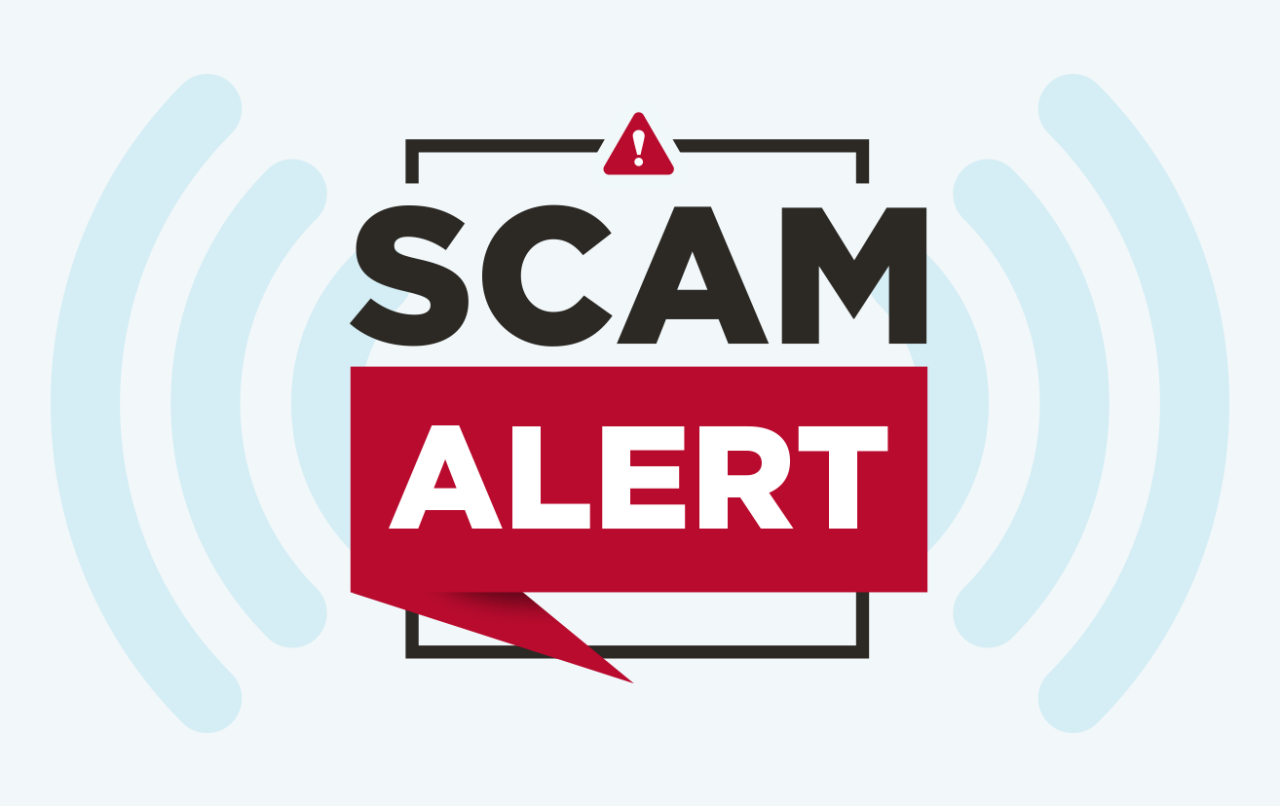Scam Alerts & Safe Checks: Filmyflyfoo And Beyond!
Ever felt a knot of unease when a deal seems too good to be true? The internet, a vast ocean of opportunity, also harbors treacherous currents of scams and deceptions, and staying vigilant is paramount for online safety.
In today's digital age, the threat of online scams looms large, demanding constant vigilance and a proactive approach to safeguarding our personal and financial information. The internet, while offering unparalleled convenience and connectivity, has also become a breeding ground for fraudulent activities that can have devastating consequences. One particularly insidious type of scam involves deceptive websites and services that masquerade as legitimate platforms, luring unsuspecting users with promises of enticing deals, exclusive content, or essential services. These deceptive schemes can take various forms, ranging from phishing scams designed to steal login credentials and financial data to fraudulent e-commerce sites that sell counterfeit goods or simply vanish after taking payment.
The rise of sophisticated scam techniques has made it increasingly difficult to distinguish between genuine opportunities and deceptive schemes. Scammers employ a wide range of tactics to deceive their victims, including creating fake websites that closely resemble those of established brands, using social engineering techniques to manipulate individuals into divulging sensitive information, and employing sophisticated malware to compromise devices and steal data. As a result, even seasoned internet users can fall victim to these scams, highlighting the importance of staying informed and adopting a proactive approach to online security.
- Diplos Kids Baby Mamas A Look At His Family Life
- Jimmy Butler Kaitlin Nowak Kids Relationship Drama More
One area of particular concern is the proliferation of fake or misleading websites that offer services or products that are either nonexistent or of substandard quality. These sites often employ deceptive marketing tactics, such as false advertising, fake reviews, and misleading pricing, to lure unsuspecting consumers into making purchases. In some cases, these sites may even attempt to install malware or spyware on users' devices in order to steal personal information or monitor their online activity. Therefore, it is crucial to exercise caution when visiting unfamiliar websites and to carefully scrutinize the information presented before making any decisions.
The following table provides helpful information to consider when assessing the legitimacy and safety of an online entity:
| Category | Information |
|---|---|
| Domain Registration | Check the domain registration details on WHOIS. A recently registered domain or one with private registration may be a red flag. |
| Website Security | Look for "HTTPS" in the URL and a valid SSL certificate. This ensures that the connection between your browser and the website is encrypted. |
| Contact Information | Verify that the website provides clear and accessible contact information, including a physical address and phone number. Check if the address is legitimate using online maps. |
| Reviews and Reputation | Search for reviews of the website or service on independent review platforms like Trustpilot or Sitejabber. Be wary of websites with only positive reviews, as these may be fake. |
| Grammar and Spelling | Poor grammar, spelling errors, and awkward phrasing can be indicators of a scam website. |
| Website Design | A poorly designed website with outdated graphics or a cluttered layout may be a sign of a scam. |
| Payment Methods | Be cautious of websites that only accept unconventional payment methods like cryptocurrency or wire transfers, as these are often favored by scammers. |
| Return and Refund Policies | Review the website's return and refund policies carefully. If the policies are unclear or overly restrictive, it may be a sign of a scam. |
| Suspicious Offers | Be wary of websites that offer deals that seem too good to be true. Scammers often use unrealistic offers to lure in unsuspecting victims. |
| Privacy Policy | Read the website's privacy policy to understand how your personal information will be used and protected. If the policy is missing or vague, it may be a sign of a scam. |
In an attempt to combat the growing threat of spam and scam calls, Truecaller has developed a robust spam/scam number lookup tool. This tool allows users to check the legitimacy of phone numbers and flag suspicious numbers as spam or scams. By leveraging the collective intelligence of its user base, Truecaller provides valuable insights into the reputation of phone numbers, empowering individuals to make informed decisions about whether to answer a call or block it altogether. This proactive approach to spam and scam prevention helps to protect users from unwanted solicitations, fraudulent schemes, and potential financial losses.
- Meet Courtney Taylor Olsen Facts About The Olsen Familys Hidden Sister
- Whos Who The Ultimate Guide To The 911 Lone Star Cast
The Better Business Bureau (BBB) has been a long-standing advocate for consumer protection, publishing scam alerts on a weekly basis since 2012. Over the years, the BBB has gained valuable insights into the evolving tactics employed by scammers, providing consumers with the knowledge and resources they need to identify and avoid fraudulent schemes. From phony text messages to suspicious social media accounts, the BBB's scam alerts cover a wide range of topics, helping consumers stay informed about the latest threats and protect themselves from becoming victims of fraud. By staying vigilant and heeding the warnings issued by the BBB, individuals can significantly reduce their risk of falling prey to scams.
Phishing emails, which often masquerade as legitimate communications from reputable organizations, continue to be a major source of concern for internet users. While most people are aware of the risks associated with emails claiming to be from PayPal, some scammers have become increasingly sophisticated in their tactics, generating fraudulent emails from seemingly genuine PayPal addresses. These emails often contain urgent requests for personal information or financial details, threatening account suspension or other negative consequences if the recipient fails to comply. To avoid falling victim to these scams, it is crucial to carefully scrutinize the sender's address, look for inconsistencies in the email's content, and avoid clicking on any links or attachments unless you are absolutely certain of their legitimacy.
Fake documents are another common tool used by scammers to deceive their victims. These documents can take various forms, including fake invoices, contracts, and identification cards. Scammers often use these documents to create a sense of legitimacy and urgency, manipulating individuals into divulging sensitive information or making unauthorized payments. To avoid falling victim to fake document scams, it is important to carefully examine the document for inconsistencies, such as grammatical errors, misspellings, or unusual formatting. Additionally, it is always a good idea to verify the authenticity of the document with the issuing organization or agency.
The fake McAfee alert scam is a particularly insidious type of fraud that preys on users' fears about computer security. In this scam, victims receive a pop-up or email message claiming that their computer has been infected with a virus or malware. The message typically urges the user to click on a link or call a phone number to receive immediate assistance from McAfee. However, these links and phone numbers lead to scammers who will attempt to trick the victim into purchasing fake antivirus software or granting them remote access to their computer. To avoid falling victim to this scam, it is important to remember that legitimate antivirus software will never display pop-up messages urging you to call a phone number for assistance. Instead, you should always update your antivirus software regularly and run scans to detect and remove any threats.
Scamdoc is a valuable resource that helps users evaluate the reliability of digital identities, including websites and email addresses. By analyzing various factors, such as domain registration details, website content, and user reviews, Scamdoc provides a risk score that indicates the likelihood of a website or email address being associated with fraudulent activity. This information can be invaluable in helping users make informed decisions about whether to trust a particular website or email sender. By using Scamdoc and other similar tools, individuals can significantly reduce their risk of falling victim to online scams.
To protect yourself from falling victim to online scams, it is essential to adopt a proactive approach to online security. This includes staying informed about the latest scam tactics, exercising caution when visiting unfamiliar websites, carefully scrutinizing emails and messages, and using strong passwords and security software. By taking these precautions, you can significantly reduce your risk of becoming a victim of fraud and protect your personal and financial information from harm.
- Bumpy Johnson The Real Story Behind Harlems Godfather
- Find Hindi Dubbed Movies Shows Online Your Guide

is blaze 1 legitimate or a scam? ScamMinder🍤 Descubra todos os

Copy of SCAM ALERT PosterMyWall

How to Spot a Scam